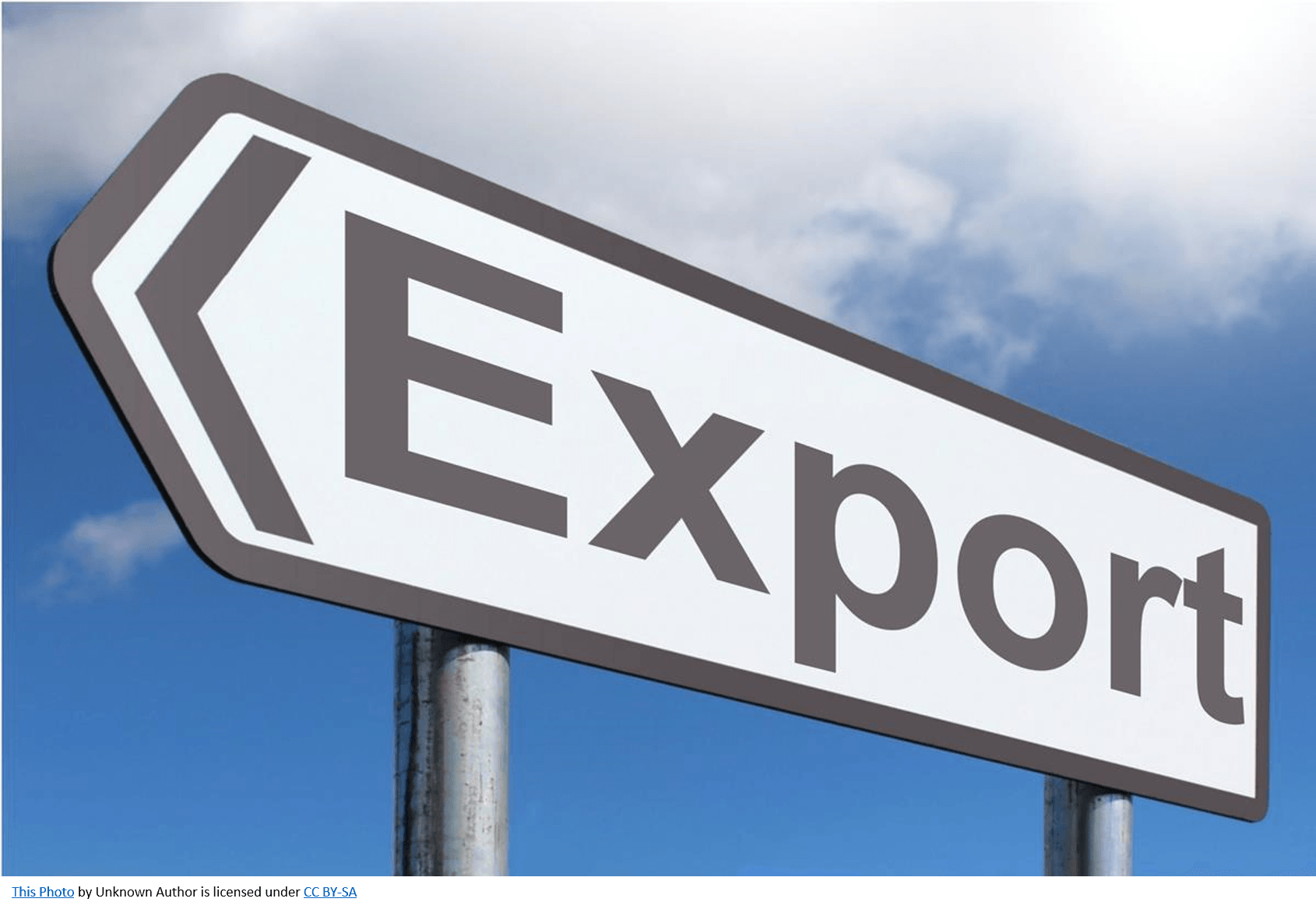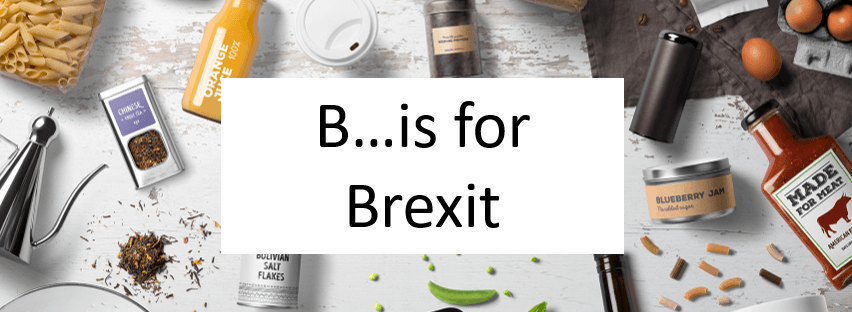food news
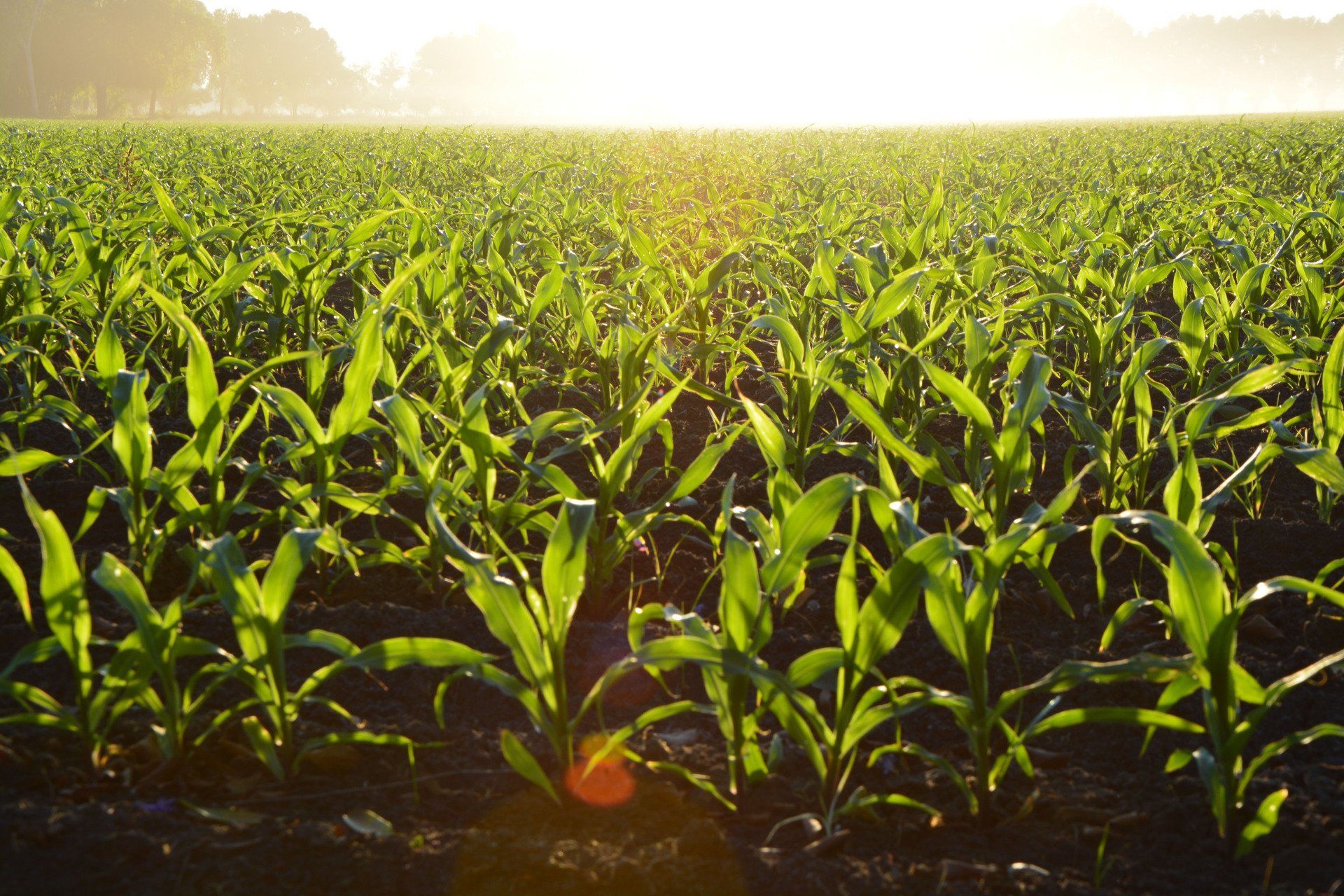
The Genetic Technology (Precision Breeding) Act was passed into law on 23/03/23. Precision breeding uses technology such as gene editing to adapt the genetic code of organisms, the government claims that the act will allow farmers to grow crops which are drought and disease resistant. This will enable farmers to reduce the use of fertilisers and pesticides, and help breed animals that are less likely to catch harmful diseases. A new science based regulatory system will be introduced to facilitate research and innovation in precision breeding. Stricter regulations will remain in place for genetically modified organisms (GMOs). The purpose of the act as stated in the legislation is 'to make provision about the release and marketing of, and risk assessments relating to, precision bred plants and animals, and the marketing of food and feed produced from such plants and animals; and for connected purposes'. Genetic Technology (Precision Breeding) Act 2023 (legislation.gov.uk) 05/04/2023

Understanding the labelling requirements for different markets can be a minefield, particularly as the requirements are becoming increasingly non-harmonised across the EU. We regularly guide clients on the requirements for their chosen markets and as a result have come across some recurring themes. In this short article we've provided some tips on how to avoid the pitfalls and ensure export success. Check Harmonised & National Legislation Food labelling rules for the EU are harmonised under regulation no. 1169/2011, but there are many additional regulations and directives at National level that also need to be considered. This can include product specific rules such as restrictions on plant-based product naming, recycling/environmental information and registrations/notifications for products and packaging. There are also marketing standards and compositional standards for various products that need to be adhered to. What about the UK? The UK currently follows retained EU law as well as National legislation; however, the recently approved Brexit Freedoms Bill will end the special legal status of all retained EU law by 31 December 2023. This will give the UK the opportunity to develop new laws, the impact of this is not yet known for food labelling legislation but is something we will be keeping an eye on. Plan early - avoid a 'fail to fit' scenario Often companies don't factor in the extra time and cost required to adapt labels to the standards in the country they wish to export to. This can result in a 'fail to fit' scenario, where the packaging isn't large enough to fit all the languages and markings on that are required. It's important to consider packaging design/size early on in the development process, as well as deciding which markets to sell into in advance (if possible). This avoids any quick fixes, such as having to over label packaging that is already printed. It also saves your labelling advisor from a big headache :) Lost in translation Automatic generated translators such as google translate/DeepL are sometimes used as a quick solution for on pack translations, however it is important not to rely solely on these as they can be a little too literal. Using native speaking translators is key, particularly with food products as English terms don't always translate well into other languages. For example, a vegan meat alternative described as 'chicken-style' in the UK might not have the correct meaning for consumers in some EU countries, unless the translation is adapted correctly. This is essential to get right, after all, if your customers don't understand your products why would they buy them? Ensure you have all the puzzle pieces Of course, labelling is only one area that needs to be sorted to ensure your product can be exported successfully. Here are our top 5 areas to address to ensure a smooth process: Shipping & Distribution - having a good relationship with your shipping and distributors is key. Shipping services can vary depending on what INCOTerms you have agreed whether it is just bulk shipping, including warehousing, or if it is to include further distribution. Importer of Record - An importer of record, provides a service for situations when a company is importing goods into a country where it has no representation and/or it wants the asset to remain the property of the exporter/shipper/origin company. The IOR provides an in-country presence to import the goods into that country. Technical and legal market representation - Commonly referred to as Authorised Representation. An Authorised Representative (AR) is a recognised legal entity in the market where the product is being sold and holds the responsibility to act as a neutral party between the competent authorities and the non-EU/non-UK manufacturers. This is particularly useful if you do not wish to setup an entity in the EU/UK. B2C considerations – Import One-Stop Shop (IOSS) for VAT claims - An EU IOSS VAT number is used to keep track of how much tax your business collects from sales and allows you to remit the VAT to the European country of registration. In the UK, imported goods are subject to import VAT, so you can either register for VAT or you can use an agent in the UK to import and supply goods on your behalf. EORI (Economic Operator Registration and Identification) number - An EORI number is an identification number needed to export shipments from the UK and EU to keep track of shipments more smoothly. If you're struggling to understand the labelling requirements for your export markets, then we can help. We offer labelling guidance, as well as our Authorised Representation (FBO) service that we run in conjunction with CERTLabel. Get in touch to see how we can help! 18/10/22

Exporting to the European Union (EU) has been a challenge for food producers in the UK since BREXIT happened in early 2021. Many companies have stopped selling product into the EU until they can find a solution that meets the new market rules and their own business requirements; some have decided to stop exporting to the EU completely. Understanding the labelling requirements can be difficult and time consuming, one particular area that has become a stumbling block is the Food Business Operator address and defining which address to use in different markets. Here's an overview of the requirement s: Exporting to the EU If you export and sell products to the EU and are resident outside the EU, you will need local market representation. Businesses wishing to sell pre-packaged food and caseins into the EU nee d to have an EU or Northern Ireland (NI) address, or an address of the EU or NI importer of the food on the packaging or food label. A GB address alone is not sufficient. Currently the options for food producers are to either set up a business entity in an EU country or to use an EU based importer. Setting up a business entity can be costly and comes with added administration and taxation requirements. Finding a suitable importer can also be tricky. Under EU law the importer i.e. the party bringing the product into the EU is primarily responsible for the food information on pre-packed food; some operators in the food chain understandably do not want to be named as the importer unless indemnities are in place. There are also particular challenges for organic food producers trying to find EU importers that are both certified to organic standards and willing to deal with the added administration of TRACES NT and Certificates of Inspection (COI). N.B - Northern Ireland follows EU rules for labelling so if you sell food from GB into NI you will also need an EU or NI FBO/importer address on pack. Exporting to Great Britain Businesses intending to sell food products into GB have a bit more time to make the changes to the FBO/importer address on pack. Food from a EU27 country can continue to be sold until 30th September 2022 without labelling changes - as long as it complies with EU law. You will still need local market representation to be able to sell into GB. From 1st October 2022 a UK FBO/importer address is required on the packaging in addition to your company address. You will need to make it clear on the label which market the two addresses apply to i.e. imported into the UK by xx.. So is there a solution? Yes. This is where an Authorised Representative (AR) can help, acting as a neutral party between manufacturers and authorities whilst providing you with technical and legislative representation. The benefits of using an AR service include: providing you access to the EU/UK market, including the use of an EU/UK address on your packaging; representing you on your behalf for all legal issues pertaining to your product; notification of any regulatory changes that may affect your products; ensuring the availability of technical files in case of requests from authorities; reassurance that your product is suitable for the intended markets; If you need help accessing the EU or UK market, check out our Authorised Representation (FBO) Service in conjunction with CERTLabel Ltd. We offer monthly billing which allows you more flexibility for representation, plus our FBO clients have access to VAT guidance notes for all EU27 countries.

Yes, you read that correctly... Following the endorsement by EU Member States in April 2021, a Regulation authorising dried yellow mealworm (the larvae of the beetle Tenebrio molitor ) as a novel food, will be adopted by the EC Commission in the coming weeks. The eating of insects is not a new thing and in parts of the world insects are regularly eaten as an alternative source of protein, however this is the first insect to be approved as a novel food. The Novel Food Regulation helps food businesses to bring innovative foods to the market, whilst ensuring their safety. It concerns any food that has not been consumed ‘to a significant degree’ in the EU before 15 May 1997. This particular novel food is intended to be used as a whole, dried insect in snacks or as an ingredient in food products. So is it safe? Yes - Novel foods can only be authorised if they do not pose a risk to human health. The product has been through a stringent scientific assessment* by the European Food Safety Authority (EFSA) which concluded yellow mealworm was safe under the uses and use levels proposed. Are there any health issues? Potentially yes. EFSA found that the consumption of yellow mealworm may potentially lead to allergic reactions, particularly in people with pre-existing allergies to crustaceans and dust mites. Additionally, there may be a risk from gluten from the feed that the insects have consumed. This would be captured in any labelling on products that contain the insects. Potential benefits The FAO indicates that insects are highly nutritious and a healthy food source with high fat, protein, vitamin, fibre and mineral content, and are emerging as an alternative solution to animal protein. The consumption of insects is seen to contribute positively to the environment and to health and livelihoods. Insect-based proteins are considered a key area of research under the EU’s research and innovation funding programme ‘Horizon Europe’ which tackles climate change. There are currently 11 additional applications for insects to be evaluated by EFSA, so it is possible we will see more being approved as novel foods. 14/05/2021 References : * Safety of dried yellow mealworm (Tenebrio molitor larva) as a novel food pursuant to Regulation (EU) 2015/2283 https://efsa.onlinelibrary.wiley.com/doi/10.2903/j.efsa.2021.6343 Approval of first insect as Novel Food https://ec.europa.eu/food/safety/novel_food/authorisations/approval-first-insect-novel-food_en
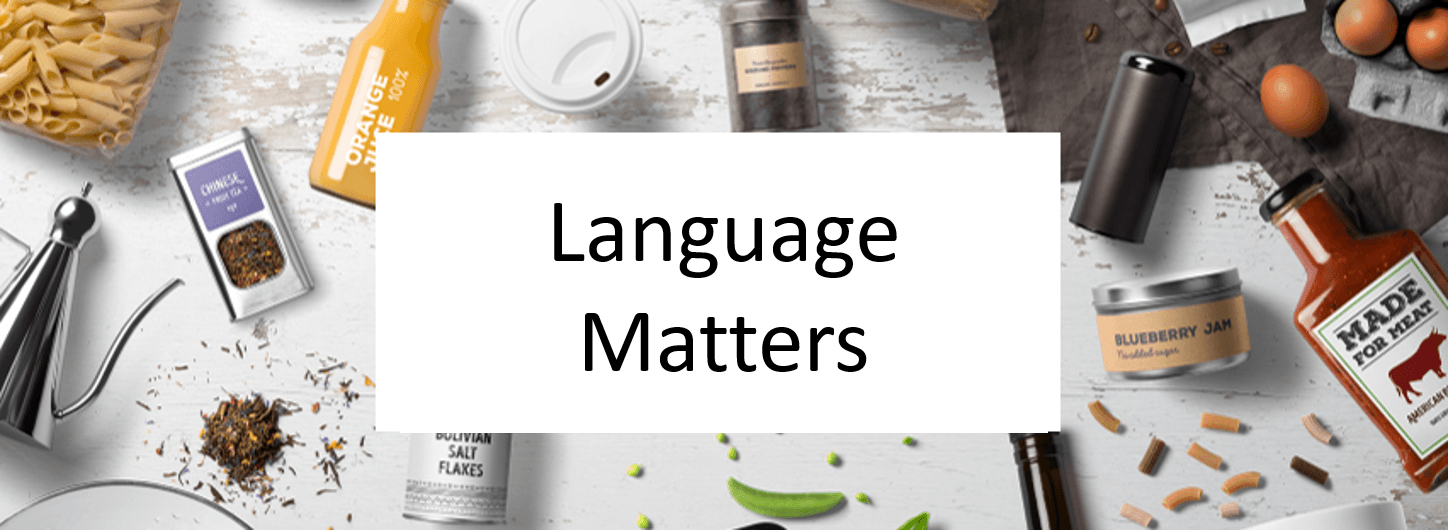
10.02.2021 In the UK, it is an offence for retailers and wholesalers to supply food without English labelling. Regulation (EU) no 1169/2011 states that labels should be in a language easily understood by the consumers of the member states where a food is marketed. Failure to comply with trading standards law can lead to enforcement action, as seen with a deli owner in Maidenhead this week where the owner was fined £1000 for selling products not labelled in English. Here's a brief overview of the responsibilities of retailers and wholesalers when it comes to food labelling and language on pack. Retailer Responsibilities Retailers in England and Wales must ensure that the food and drink they sell displays the mandatory information required by law - this needs to be in English and appear either on a label (or attached to) the packaging, or on a label clearly readable through the packaging. Labels can also have additional languages when some of the consumers are likely to be non-English speakers. Similarly, If you are exporting to an EU country, food labels need to be in the most appropriate language for the country you are selling to. What about Wholesalers? Wholesalers must ensure that the food they sell complies with the regulations if the packaging will not be changed or repackaged by the eventual retailer. For example , a wholesaler sells bottled drinks to retailers in trays, the bottles won't be repackaged or altered before reaching the end consumer. The bottled drink is therefore ready for delivery to the end consumer and must have the correct labelling in English. Mandatory information can be supplied as described above for retailers or can be supplied on documentation provided previously or accompanying the food, however the below must appear on the external packaging: Name of the food Durability indication Storage conditions Business details If you are considering importing food from outside the UK, you'll need to check that the labels comply with UK legislation. It is not yet known if future UK food legislation will continue to harmonise with EU regulations. Are your labels compliant and in the correct language? If you are importing or exporting we can help you see through the Brexit haze! *Disclaimer: The information presented in this article is a summary of key information from food regulations, and is for general information purposes only. All information is subject to change and is correct as of 10.12.2021.

23.11.2020 As another EU member state officially rolls out the ‘Nutri-Score’ front of pack nutrition labelling (FOPNL) scheme, would the UK benefit from adopting the scheme? What is Nutri-Score? Nutri-score is a front of pack nutritional label which converts the nutritional value of food and beverages into a simple score. The formula takes into account both the nutrients to limit (energy value, sugar, saturated fats and salt) and the values to favour (fibre, protein, fruit, vegetables and nuts). The scheme has a ranking system from -15 for the healthiest product to +50 for the least healthy, each product has a 5 letter code with its own colour. Where is it used? Nutri-Score was first developed in France in 2017, since then the Netherlands, Switzerland, Spain, Belgium and now Germany have adopted the scheme as their voluntary labelling scheme of choice. The scheme has also been trialled by some major retailers and food producers but is currently voluntary. The EC commission plans to harmonise mandatory front of pack nutrition labelling as part of its Farm-to-Fork food strategy, but no decisions have been made just yet. Why use it? The main objective of the scheme is to enable consumers to easily understand and compare information between products, helping them make the best choice for their health. You can see at a glance which products should be avoided and which ones are recommended. There are however concerns from countries where traditional delicacies such as cured meats or olive oil are core products, as the Nutri-Score system would potentially penalise these products. Many of these products are known for their health benefits and are at the heart of diets such as the Mediterranean diet, so focusing on a limited number of 'bad' nutrients may put consumers off. As most of us know healthy eating is all about balance along with lifestyle factors. Research carried out on consumers in the EU* suggested that Nutri-score has the potential to boost sales of healthy products, without affecting the sales of unhealthy products. It may however help consumers to eat smaller portions of those less healthy products.** Should the UK use Nutri-Score? At a time where the UK has the largest rates of obesity in Europe, and 62% of the UK is overweight perhaps now is the time to simplify our food nutritional labelling to help consumers shift to healthier diets. In July 2020, the government published a consultation on the UK's FOPNL to gain the public's views, this has now closed so we await the results...Watch this space! References/further reading *The Impact of the Nutri-Score Nutrition Label on perceived Healthiness and Purchase Intentions’ 2020 Appetite. Joyce De Temmerman et al. https://doi.org/10.1016/j.appet.2020.104995 ** Impact of Front-of-Pack Nutrition Labels on Portion Size Selection: An Experimental Study in a French cohort' Nutrients 2018. Manon Egnell et al. https://doi.org/10.3390/nu10091268 How does Nutri-Score impact shoppers purchase intentions - www.foodnavigator.com/article/2020/10/29
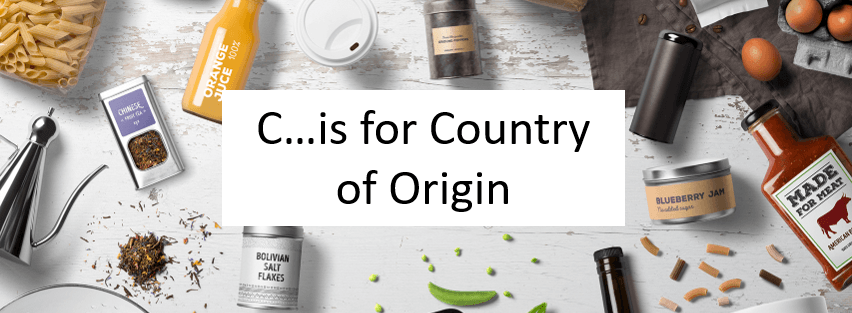
For the final article of this series we look at the changes to Country of Origin Labelling (COOL) that are required from 1 January 2021. In our previous article on Brexit we touched on the requirements, however it is a complex topic with a lot of information. We will cover the general rules and the product specific controls for minced meat, fruit and vegetables, olive oil, honey blends, beef and veal, and eggs.
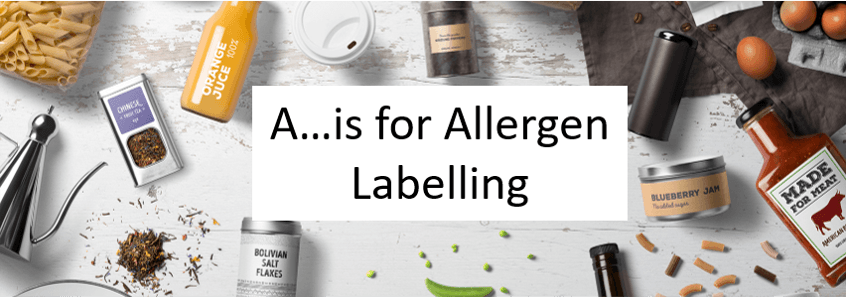
Food legislation is constantly evolving, but recently there have been 3 specific areas that have dominated changes in UK/EU food labelling. This series of articles will aim to inform you of the latest changes that may affect your products and what you need to do to comply. We'll look at Allergen Labelling (PPDS), Brexit, and Country of Origin Labelling.

